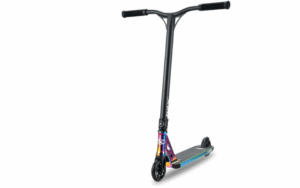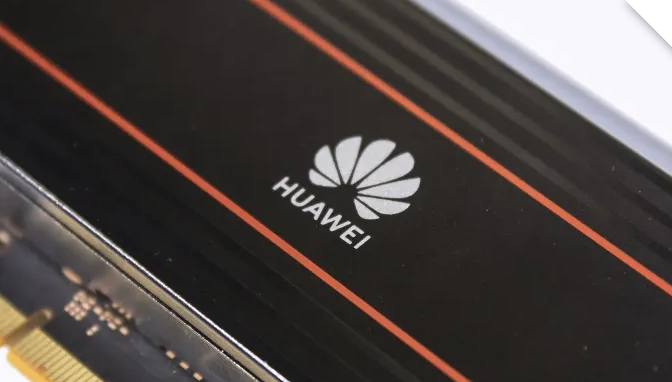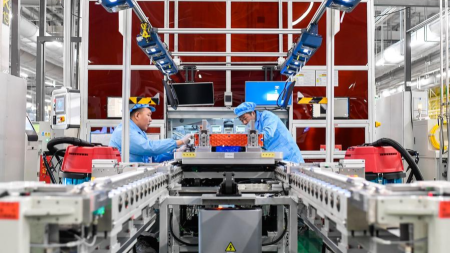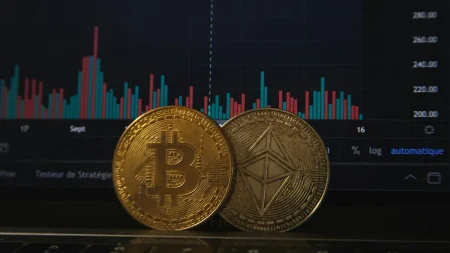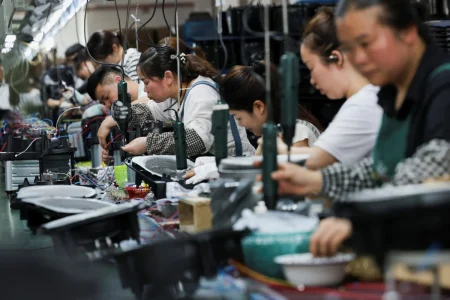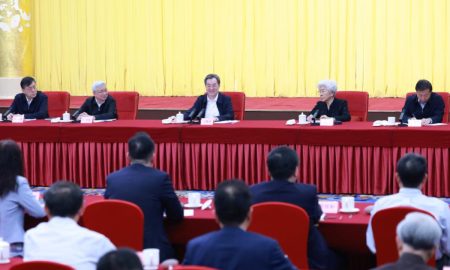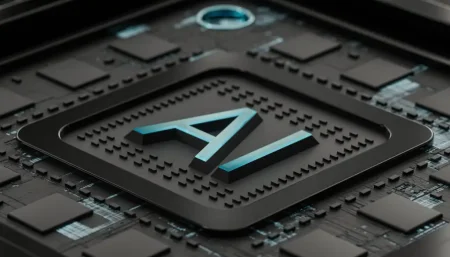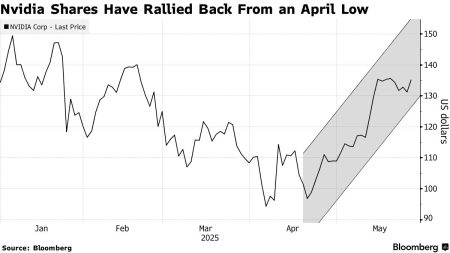The United States has warned companies worldwide not to use artificial intelligence (AI) chips made by Huawei. This warning comes as part of the ongoing technology conflict between the US and China, despite a recent temporary easing of tariff tensions. Both countries agreed to reduce tariffs by 115% for 90 days, but the technology war continues to affect global markets.
The US Commerce Department explained that using Huawei’s AI chips, like the Ascend 910C, would violate export controls. Although these chips are made in China, they are believed to include US technology without proper permission. Companies that use these chips could face penalties from the US government.
Huawei aims to compete in the AI chip market with its Ascend 910 series. For example, Huawei offers the CloudMatrix 384 system using the Ascend 910C chip, which reportedly outperforms NVIDIA’s GB200 NVL72 system. The company is marketing this system within China as an alternative to American and AMD chip systems.
China has set strict limits on importing chips that use US technology. These restrictions are meant to support China’s growth in AI technology and reduce reliance on foreign technology.
NVIDIA’s CEO sees Huawei as a strong competitor, especially with the support Huawei receives from the Chinese government. He also notes that the United States needs to invest more in training local AI experts, as many of the world’s top AI researchers are currently from China.
The warning from the US affects many companies globally. They must review their supply chains to avoid breaking US export laws. The conflict over AI chips highlights the broader competition between the US and China in technology and innovation.
The temporary tariff relief between the US and China has improved trade relations slightly but has not stopped the technology rivalry. Huawei’s AI chips have become a key example of the tensions in this sector.
This situation shows the challenges companies face in navigating international trade and technology rules. It also signals how AI technology is a critical focus in the future of global competition.
